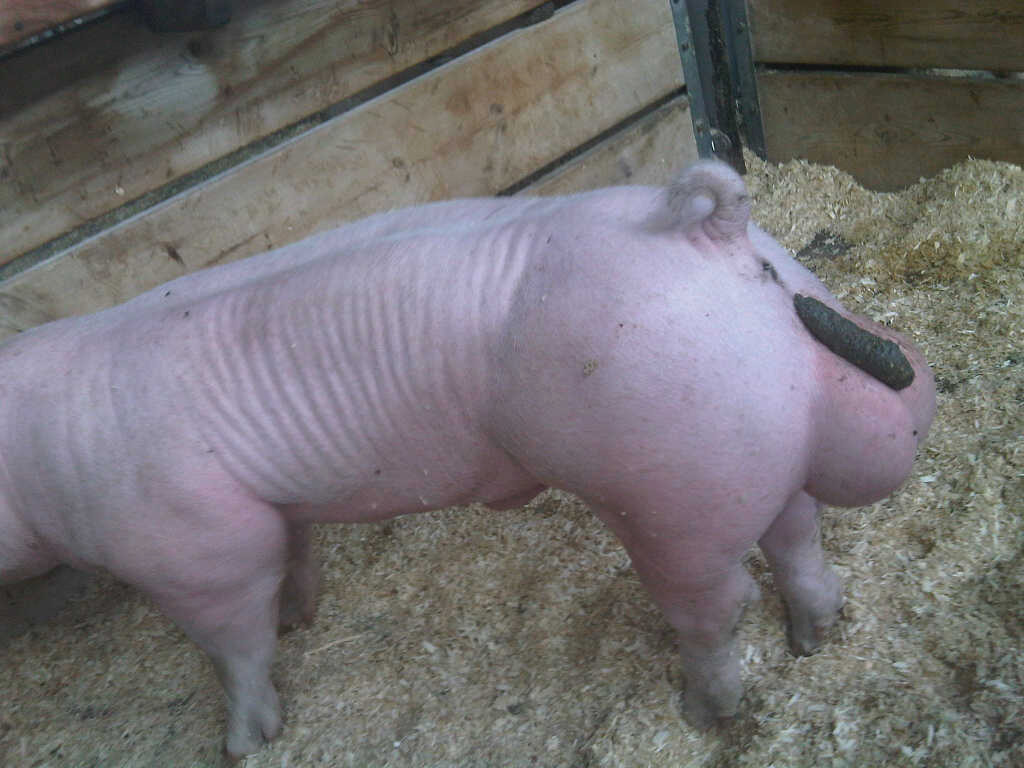Idk why these charts are never protein per 100 calories.
Seitan is still the best for price/protein/calories if you can find wheat gluten and make it yourself. Peanut butter powder is also better on protein because of how much less fat is in it.
because it’s very standard to list nutrients per 100g, deviating from that for an infographic like this would have people assume it’s per 100g anyways and become accidental misinformation.
100g of seitan isn’t that much seitan and I’d eat that much in a sitting.
I’m never going to eat 100g (588 calories) of peanut butter in a sitting, so it’s not really useful for anything. It has twice as much protein per 100g than tofu, yet tofu is a way better food for hitting daily protein goals. So what exactly is this number useful for if higher isn’t better?
Serving sizes on nutrition info are arbitrary, but useful for having an idea of how much of something to eat at once. Protein per calorie is more useful for meal planning to hit minimum protein goals.
I don’t see how protein per calorie would misinform as long as it’s labelled. To me this is more misinforming because of the vastly different serving sizes.
Edemame pasta 👀
isnt this just a fancier way of saying soy pasta
Edamame is soy beans that are immature. They are quute different nutritionally.
heh! didn’t know that, thanks
As always, hail seitan
Seems weird to just mash all these foods together. Not all of these are whole foods so I don’t know by what criteria certain things are included or excluded. Also not all protein is created equal. Pea protein is going to be better than wheat protein for example.
I found it a bit interesting that they include peanut butter and almonds but not peanuts or almond butter.
Dang I’m glad I started sorting by all - this is good content!
That’s crazy about seitan but it makes sense if I think about it
Seitan is by far my favorite meat substitute and I am glad I am backed up with science.
Seitan stays winning. I fuckin love that stuff. Really great for stroganoff and fajitas.
Seitan cheesesteak with cashew cheese is an all timer
Heil Seitan
Here in Brazil “Pereskia aculeata” is a plant very well known for having a very high protein content.
I remember someone calling it something like poor-man’s-beef.
For comparison: Meat usually has around 20-30%.
Lol. Ligma beans
@MsSprouts I hate this axis on the chart. It’s not correct. Not even close.
They didn’t make it, how could it be better?
@hamid The difference between the last entries have the same length yet their values don’t match. Indicated this below. I make the amount of protein in seitan and the pasta seem closer than they are.
The bottom bars show 10g of difference and 30g yet the actual bars have the same length. It’s misleading.
Why is edamame pasta so much higher than soybeans when their only ingredient is soybeans?
Could it be that they are measuring the weight of dried pasta vs the weight of fresh beans?🫛
Edamame is harvested at a totally different stage of development of the plant and has a much different composition than the dried beans including higher protein content and lower carbohydrates. As the pea matures it turns nutrients received from the plant and pod into carbohydrates over its lifecycle to (in theory) power germination and regrowth, but of course we eat that lol.
Thank you, TIL!
So if you make a flour, or rather a paste I guess, from the green soybeans you can capture that? Interesting, I’ll have to try it!
Of course , it’s very important to cook soybeans fully before eating them. But according to the box instructions it won’t take as long as wheat flour pasta, about 5 minutes.
Off to the farmer’s market!
This has reminded me that there used to be a brand called Modern Table which made vegan macaroni and cheese using red lentil flour for the pasta. It was delicious. I don’t even know what the “cheese” was made out of, but it was also delicious. Better than any other mac and cheese I have had. But of course, as so many niche products do, they quickly disappeared from shelves.
I’m not even vegan, and I still miss that mac and cheese.
Red-lentil pastas are probably in your grocery store near the regular pasta. Not sure about macaroni but I’ve definitely seen shells. As for the sauce, a lot of vegan cheese recipes use “nutritional yeast” for cheesy flavor so maybe adding a little to regular mac’ncheese sauce would hit that profile you remember
Thanks for the suggestion. I’ll have to take a look. I know that there are a ton of different pasta options available in some of the different stores near me. Wheat upsets my stomach (not Celiac, though), but I love mac and cheese so much that I’ll eat it occasionally anyway.
Maybe I’ll look up some vegan cheese recipes and see if I can make a decent red lentil-based version.
The pasta could contain more than edamame, like pea or lentil as well. We would need to see the source.
True, but I looked up a couple of brands and they both had “organic soybeans” as the only ingredient. Also peas and lentils are shown as having less protein, while the pasta has more.
per unit weight is also a silly metric for this type of thing. this very well could be dry pasta, and water would be the biggest part by weight then.
the first brand that pops up is about 15% protein by weight cooked. there’s either a ton of variance by brand, or this is uncooked values
Hemp seeds make a great parmesan.
Look up “hemp seeds parmesan”











